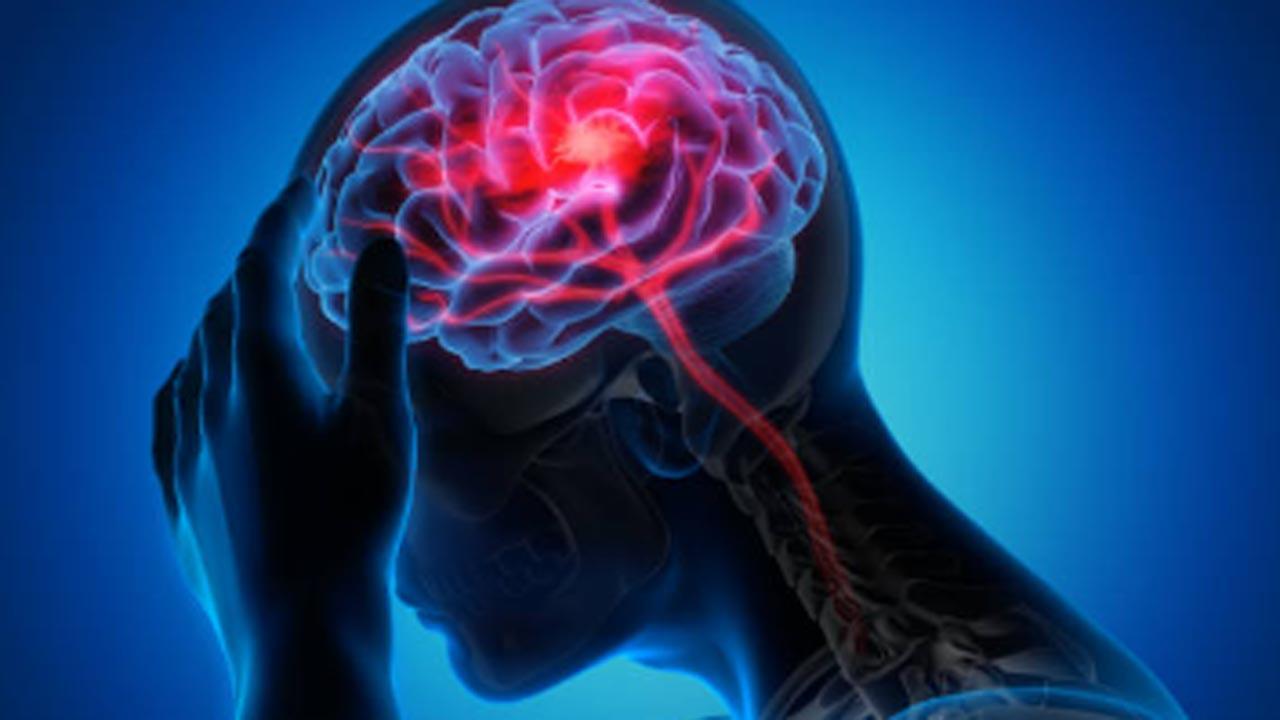Researchers from Yale University in the US showed that the immune system recognises allergens and pathogens in the environment and allows the brain to take defensive measures, such as avoidance

Image for representational purposes only. Photo Courtesy: iStock
Ever wondered why you feel sick at the smell of a food item and thus avoid it? Research shows our immune system plays a crucial role in changing behaviours, particularly in the case of an allergy.
ADVERTISEMENT
Researchers from Yale University in the US showed that the immune system recognises allergens and pathogens in the environment and allows the brain to take defensive measures, such as avoidance. The same avoidance behaviour is exhibited by people who develop food poisoning after eating a certain meal.
Without immune system communication, the brain does not warn the body about potential dangers in the environment and does not try to avoid those threats, showed the study published in the journal Nature.
“We find immune recognition controls behaviour, specifically defensive behaviours against toxins that are communicated first through antibodies and then to our brains,” said Ruslan Medzhitov, Professor of Immunobiology at Yale School of Medicine.
A team in the Medzhitov lab, led by Esther Florsheim, at the time a postdoctoral researcher at Yale and now an assistant professor at Arizona State University, and Nathaniel Bachtel, a graduate student at the School of Medicine,
The team studied mice that had been sensitised to have allergic reactions to ova, a protein found in chicken eggs. As expected, these mice tended to avoid water laced with ova, while control mice tended to prefer ova-laced water sources. The aversion to ova-laced water sources in sensitised mice lasted for months.
The team then examined whether they could alter the behaviour of sensitised mice by manipulating immune system variables.
They found, for instance, that mice allergic to ova lost their aversion to the protein in their water if Immunoglobulin E (IgE) antibodies, produced by the immune system, were blocked.
IgE antibodies trigger the release of mast cells, a type of white blood cell that, along with other immune system proteins, plays a crucial role in communicating to areas of the brain that control aversion behaviour.
Without IgE as an initiator, the transmission of information was interrupted, so that mice no longer avoided the allergen.
Medzhitov said that the findings illustrate how the immune system evolved to help animals avoid dangerous ecological niches.
Understanding how the immune system memorises potential dangers, he added, could one day help suppress excessive reactions to many allergens and other pathogens.
Also Read: 'Before your heart fails, it warns you'
This story has been sourced from a third party syndicated feed, agencies. Mid-day accepts no responsibility or liability for its dependability, trustworthiness, reliability and data of the text. Mid-day management/mid-day.com reserves the sole right to alter, delete or remove (without notice) the content in its absolute discretion for any reason whatsoever
 Subscribe today by clicking the link and stay updated with the latest news!" Click here!
Subscribe today by clicking the link and stay updated with the latest news!" Click here!







